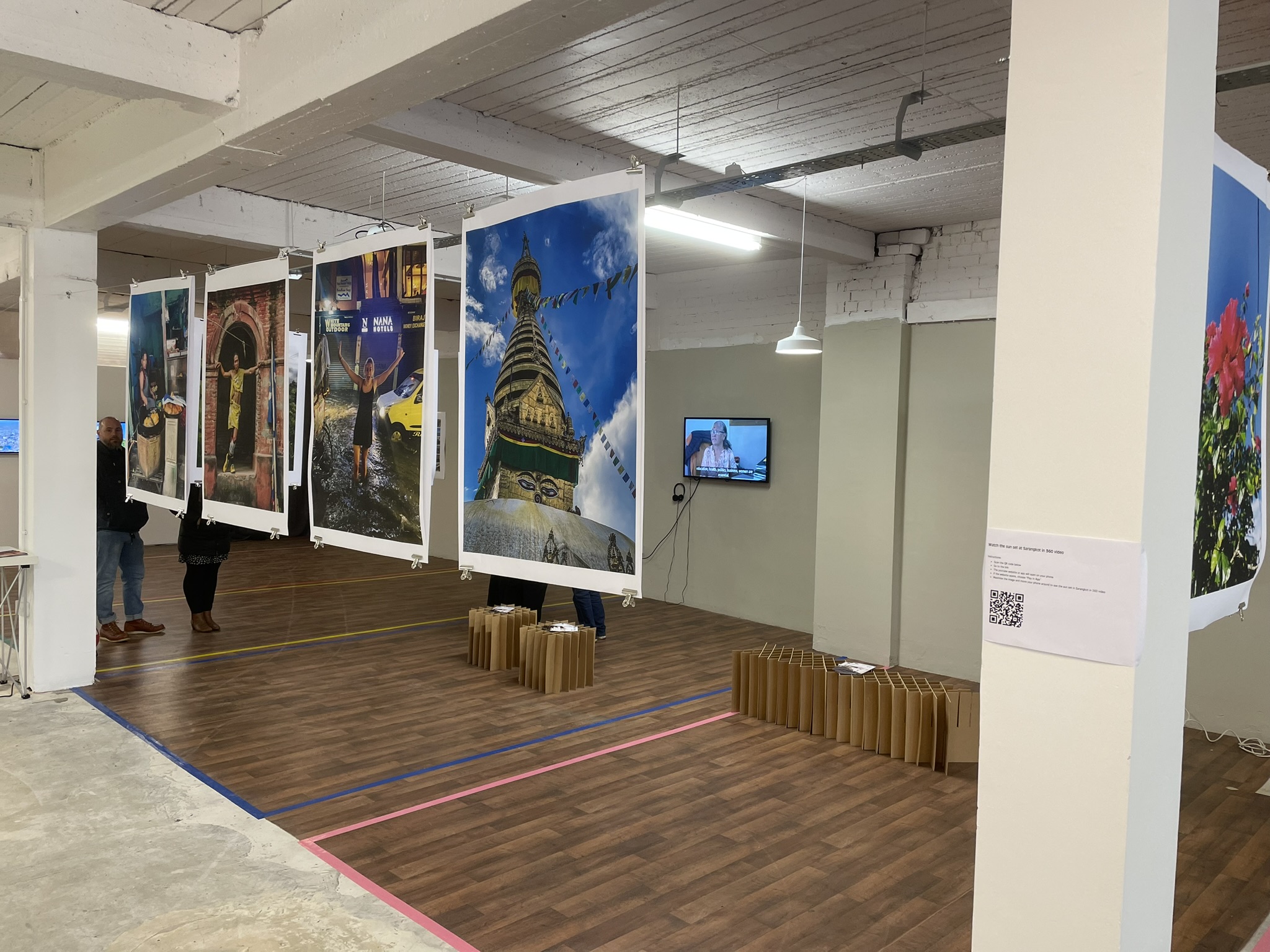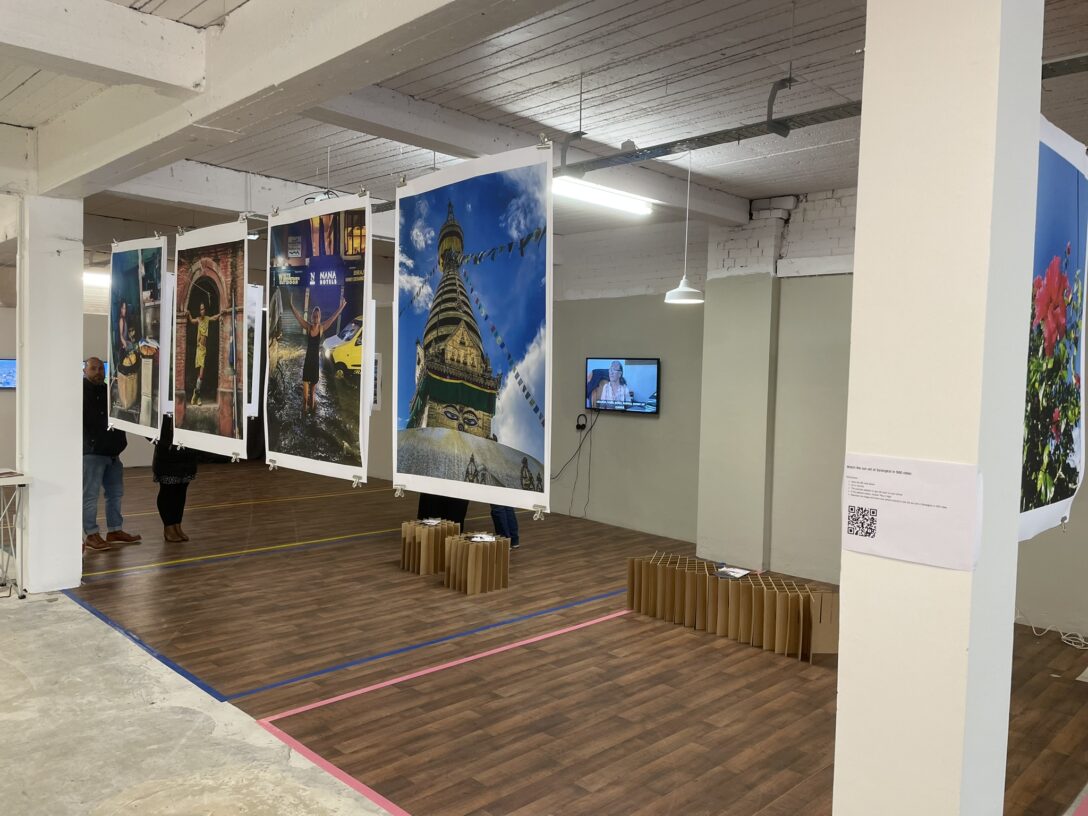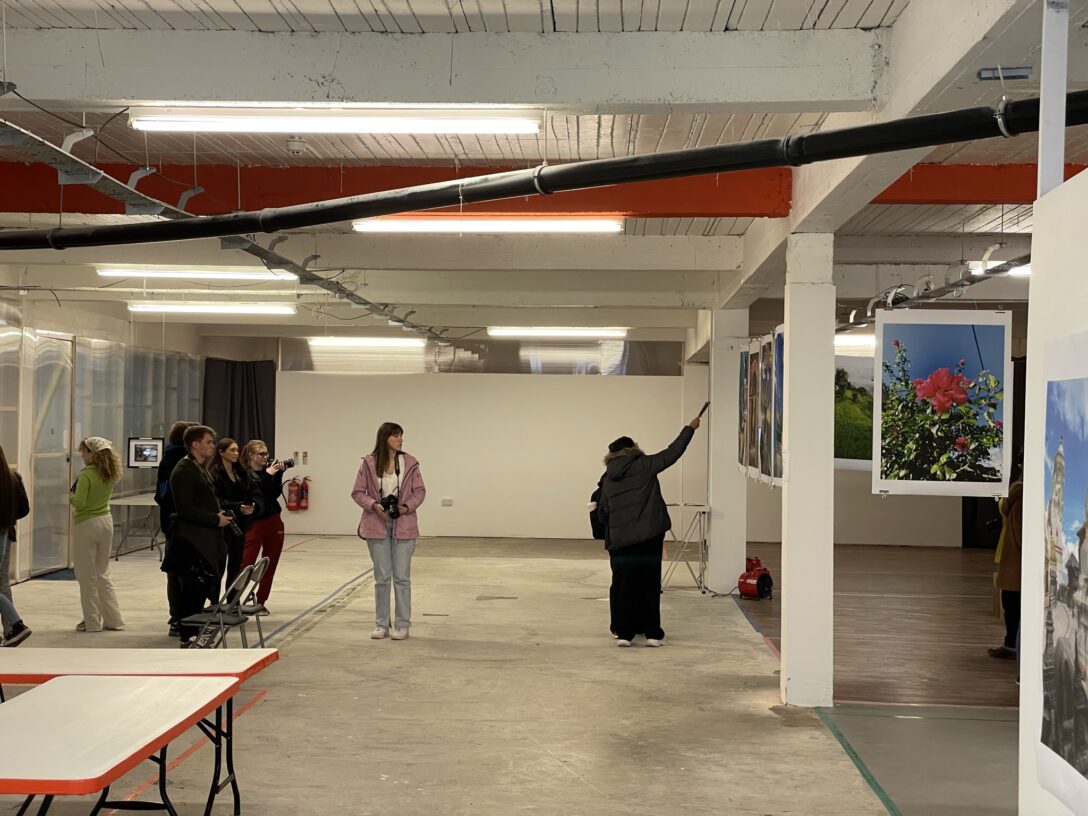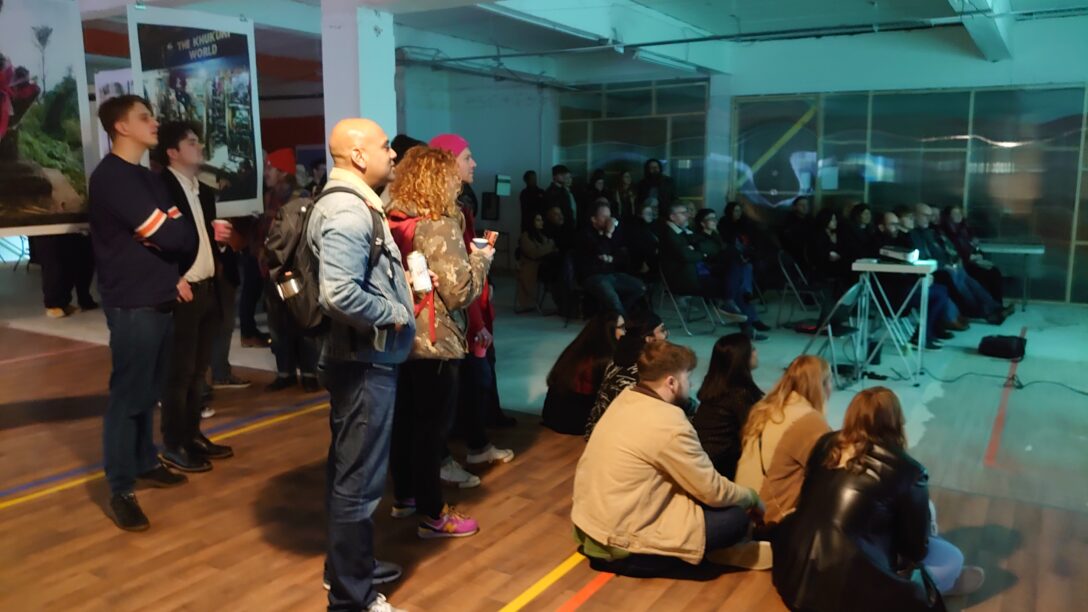
Sheffield Hallams staff and students went on a trip of a lifetime to Nepal, whilst there they were documenting the human right issues, gender equality issues aswell as what it is like growing up in an orphanage.
Whilst in Nepal, they created articles, short films, photography, and interactive medias. Having the opportunity to do something like this is an amazing experience. Especially for SHU’s media students and staff.
Aron Spall, one of Sheffield Hallams lecturers who went on the trip has said:
“The trip was an incredible experience for all of us. The idea came about as a way of giving students the chance to engage with communities in a culture and setting that was totally new to them, to challenge them to seek out stories from under-represented communities, and to make films, photography and interactive work within a totally different environment. As a learning experience it was unique and thrilling.
I loved being involved with this project, it was a unique opportunity. What I underestimated was the scale of the challenge! We were all forced to think on our feet at every step of the journey, as much as you have tried to plan everything you can there is always something completely unexpected around the corner. Some of which are exhilarating – like the religious ceremonies and offerings you might stumble across on the street, or monkeys clambering on electric cables, others not so great, like the evening the sewers flooded…. But what impressed me so much was the sense of togetherness and positivity that was nurtured amongst the students and staff.
The most powerful memory for me was the encounters with the incredible people at Sertshang orphanage in Kathmandu, who have so much to teach us about what true compassion for young people means in the way they care for, value and respect each other.
For the students this trip was life-changing, something they and we will never forget. Being involved in the project gave them professional and personal confidence, they gained production and teamworking skills, and crucially it broadened their understanding of the world beyond their borders, to witness issues that affect low-income countries and encourage them to engage with and advocate for progressive change as they go forward and assess their future directions.’’


